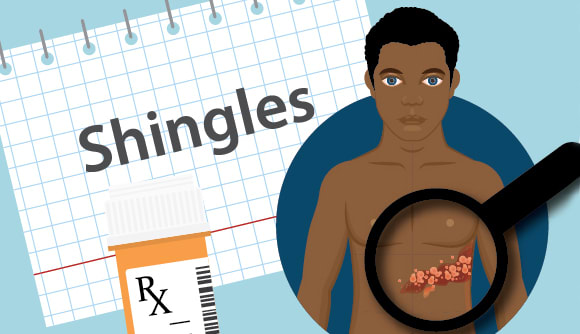Twilight fright
Many dementia patients become agitated as darkness creeps in.
Article Author: Johnny Woodhouse
Article Date:

f you have a loved one who suffers from Alzheimer's disease or another form of dementia, you may have noticed that he or she gets more confused and agitated late in the afternoon.
Health care professionals call this phenomenon "sundown syndrome" or "sundowning" because the behavior typically occurs in late afternoon or early evening as natural light begins to fade and darkness starts to creep in.
Sundowning is characterized by restlessness, increased confusion and potential aggressiveness, and can upset a patient's internal clock. It's the second-most common type of disruptive behavior among dementia patients after wandering, according to a study in Psychiatry Investigation.
"It's thought to affect up to two-thirds of patients with dementia," said Raphael Tito Balbino, MD, a board-certified geriatrician with Baptist AgeWell Center for Health. "Unfortunately, a number of our patients suffer symptoms of sundowning."
Sundown syndrome commonly occurs in the middle stages of dementia and the hyperactivity it produces can lead to patient falls and aggression. Caregivers, whether in the home, a hospital, an assisted living facility or a skilled nursing center, often take the brunt of this aggressive behavior.
Because each patient has a different manifestation, there isn't a clear consensus on the definition of this phenomenon. In addition, there are no validated screening tools that can be universally applied.
"There are no established treatments for this condition and very few clinical trials studying the effectiveness of treatment options," added Dr. Balbino. "Even anti-anxiety medications may not work well for these patients and could even paradoxically backfire and worsen their agitation."
The best approach is to keep these patients on a very specific schedule with as much natural sunlight during the day and plenty of opportunities for physical activity. "One way caregivers can minimize sundowning is to provide a calming presence that will help orient the patient back to reality in a reassuring tone when they are anxious and confused," Dr. Balbino recommended.
If you are concerned your loved may have sundown syndrome, speak with your health care provider. Baptist AgeWell geriatricians specialize in working with adults over the age of 65. For an appointment, call 904.202.4243.



